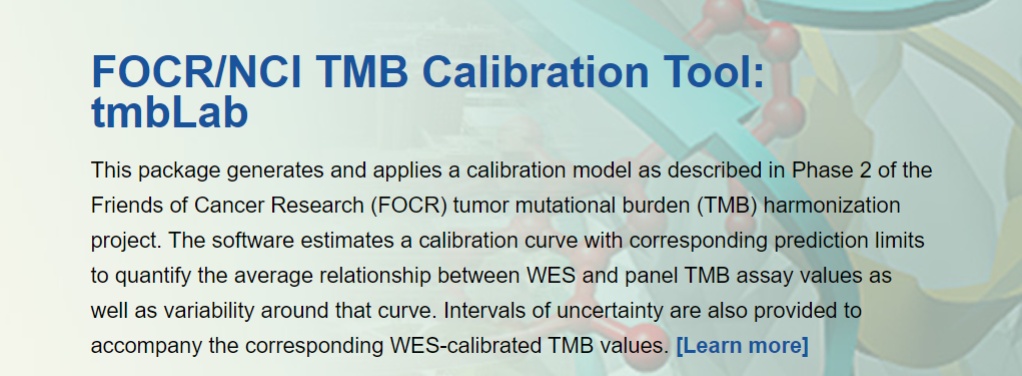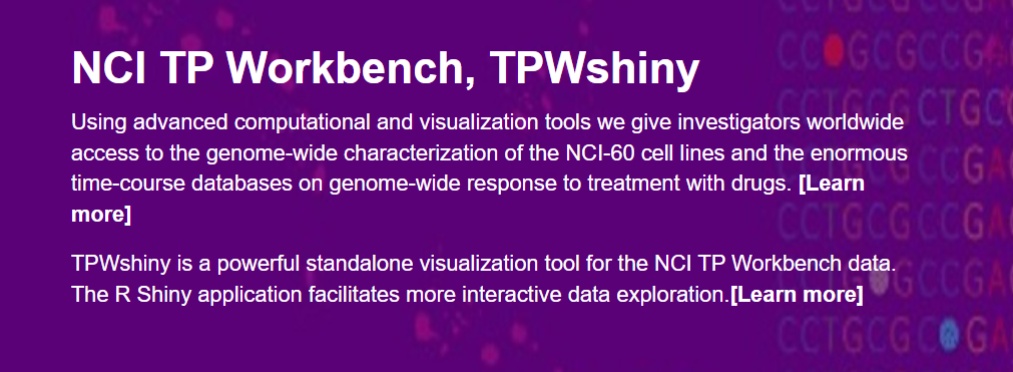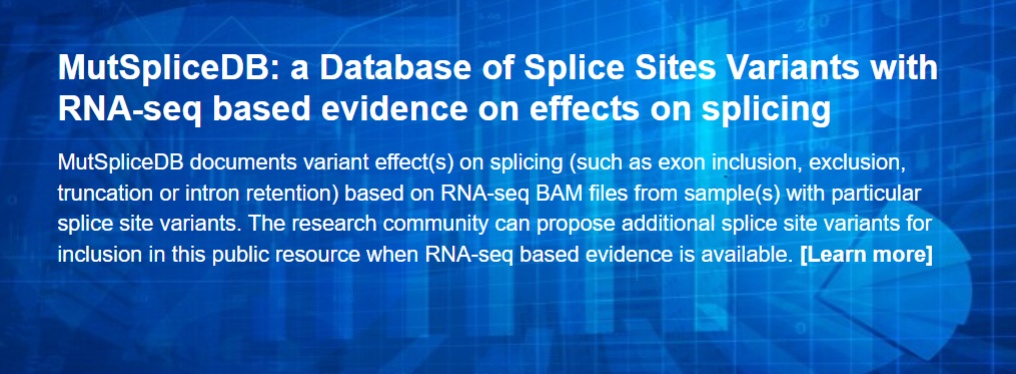Welcome to the Biometric Research Program
The Biometric Research Program consists of a Biostatistics Branch and a Computational & Systems Biology Branch. The Biostatistics Branch provides statistical leadership and oversight for the national program of therapeutic and diagnostic clinical trials of the National Cancer Institute as well as translational research in developmental therapeutics, diagnostics and cancer imaging. The Biostatistics Branch also conducts research in methods for the design, monitoring and analysis of clinical trials and related studies. It consists of doctoral level statisticians.
The Computational & Systems Biology Branch collaborates in the pre-clinical programs of the DCTD to utilize genomic and proteomic technology to identify molecular targets, resistance mechanisms and effective new drugs, drug combinations and biomarkers for guiding treatment. Members of the Computational & Systems Biology Branch conduct research on mechanisms of carcinogenesis and systems pharmacology. The branch develops bioinformatic systems to support genomic variant based clinical trials and to enhance the ability of biologists and pharmacologists to analyze and interpret genome-wide data. The branch also collaborates in the analysis of genomic data from the clinical trials program of the NCI. The Computational & Systems Biology Branch consists of doctoral level staff with diverse backgrounds such as computational biology, bioinformatics, computer science, biology, pharmacology, medicine and biomedical engineering.
The philosophy of the Biometric Research Program is to have the staff combine two functions: (i) collaboration and consultation with the staff of the DCTD and intramural investigators of the NCI; and (ii) conduct self-initiated research on topics important to cancer research. Combining these functions has enabled the program to recruit and retain an expert staff and to provide the highest quality collaborations to DCTD and NCI scientists. It has also enabled the program to conduct research that has impacted the field and is motivated by key problems of current cancer research. The program does not have a grant, cooperative agreement or contract portfolio and does not sponsor extramural research.










 Dr. Lisa Meier McShane, the Associate Director, leads the Biometric Research
Program, Division of Cancer Treatment and Diagnosis, U.S. National Cancer Institute,
National Institutes of Health. She has oversight and strategic planning
responsibilities for the two branches comprising the Biometric Research Program,
Biostatistics Branch and Computational and Systems Biology Branch. She holds a
doctoral degree in Statistics from Cornell University in Ithaca, NY and is an
elected Fellow of the American Statistical Association. She is an internationally
recognized expert on precision medicine clinical trial design; development of tumor
markers and omics predictors for prognosis, therapy selection, and disease
monitoring; and reporting guidelines for health research studies.
Dr. Lisa Meier McShane, the Associate Director, leads the Biometric Research
Program, Division of Cancer Treatment and Diagnosis, U.S. National Cancer Institute,
National Institutes of Health. She has oversight and strategic planning
responsibilities for the two branches comprising the Biometric Research Program,
Biostatistics Branch and Computational and Systems Biology Branch. She holds a
doctoral degree in Statistics from Cornell University in Ithaca, NY and is an
elected Fellow of the American Statistical Association. She is an internationally
recognized expert on precision medicine clinical trial design; development of tumor
markers and omics predictors for prognosis, therapy selection, and disease
monitoring; and reporting guidelines for health research studies.